Go back
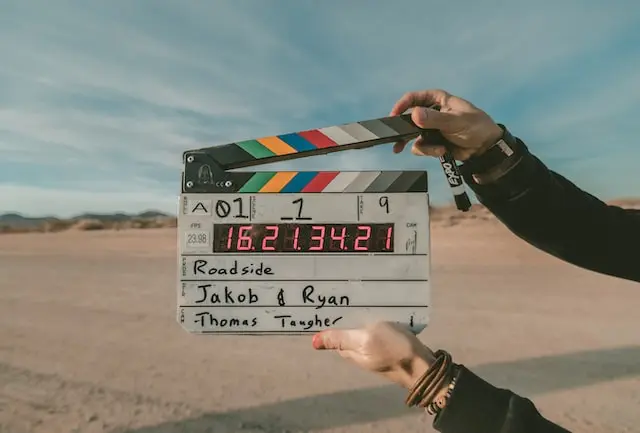
Einstein Revealed
Episode number: 1
Overview: This two-hour program chronicles Albert Einstein's life and scientific achievements from his birth in 1879 to his death in 1955. The first hour follows Einstein in his quest to understand the nature of light. Graphics depict some of Einstein's famous thought experiments, including his eventual understanding of the interplay between the speed of light and time and his development of the special theory of relativity. The program also goes into great depth about Einstein's personal life, including his romance with and marriage to fellow student Mileva Maric and the death of his father. The second hour unfolds with Einstein preoccupied with finding a theory that accounts for gravitation and determining what orders the universe. Einstein addresses gravitation in the universe with his general theory of relativity. This is confirmed experimentally in 1919 when a solar eclipse reveals stars in positions that could best be explained by his theory: that gravity causes light to bend.

Lost City of Arabia
Episode number: 2
Overview: Helped by remote sensing, an expedition searches Oman's vast al-Khali desert for the lost city of Ubar.

Three Men and a Balloon
Episode number: 3
Overview: One of the final aeronautics challenges left in the world today does not involve the use of a plane, a rocket, or even an engine. No one has yet been able to circumnavigate the earth in a balloon. Any team attempting the feat would have to fly higher than most planes ever fly and would need a passenger capsule that could both offer protection from extreme cold and carry the proper navigation and life support equipment. Depending on the powerful jet stream to propel them, crew members would have to plot their course carefully and plan their schedule to coincide with the most advantageous winds. Even landing would be a risky venture. This program follows a team of three adventurers as they attempt to make just such a journey.

Secrets of Making Money
Episode number: 4
Overview: With a radically redesigned bill, the U.S. Treasury fights back against a new breed of counterfeiters.

Top Gun Over Moscow
Episode number: 5
Overview: Flights in Russia's powerful fighter jets are for sale to foreign travelers. So is the Russian Air Force still in the game?

Shark Attack
Episode number: 6
Overview: Sharks are known as the "perfect predators," but sometimes they slip up and attack the wrong prey—people.

Odyssey of Life: The Ultimate Journey (1)
Episode number: 7
Overview: NOVA explores the links between our individual development and the evolution of life itself.

Odyssey of Life: The Unknown World (2)
Episode number: 8
Overview: This program reveals some of the billions of practically invisible organisms that live on, in, and around us.

Odyssey of Life: The Photographer's Secrets (3)
Episode number: 9

Cracking the Ice Age
Episode number: 10
Overview: Did the crash of continents that produced the Himalayan Mountains also trigger the Ice Age?
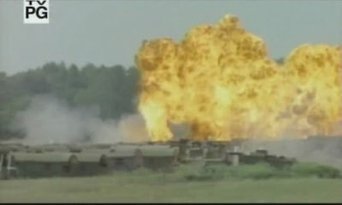
Kaboom!
Episode number: 11
Overview: An in-depth and heart stopping look at the ultimate chemical reaction - the explosion. Using high speed photography and dramatic reconstruction, the film will chart the tarnished history of explosives: the terrible accidents, the scientific ingenuity and ultimately, the carnage of war and terrorism.

Titanic's Lost Sister
Episode number: 12
Overview: In a 90-minuite presentation, NOVA reveals the ancient secrets of how the pyramids were built by actually building one. A noted Egyptologist, Mark Lehner, and a professional stonemason, Roger Hopkins, join forces in the shadow of the Great Pyramid of Giza to put clever and sometimes bizarre pyramid construction theories to the test.
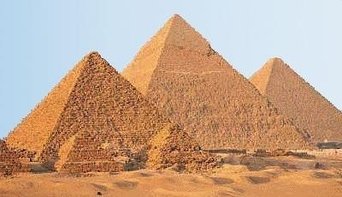
Secrets Of Lost Empires (1): Pyramid
Episode number: 13
Overview: In a 90-minuite presentation, NOVA reveals the ancient secrets of how the pyramids were built by actually building one. A noted Egyptologist, Mark Lehner, and a professional stonemason, Roger Hopkins, join forces in the shadow of the Great Pyramid of Giza to put clever and sometimes bizarre pyramid construction theories to the test.
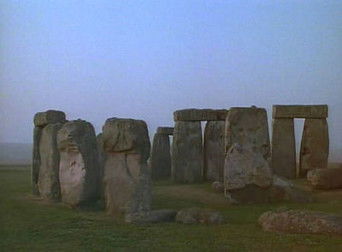
Secrets of Lost Empires: Stonehenge (1)
Episode number: 14
Overview: A distinctive feature of this stone site are the trilithons, which consist of two upright stones topped by a horizontal lintel stone. In this program, the NOVA team considers how to transport and raise the massive stones, as well as how to place the lintel stone on top. By comparing different strategies and adapting ramps, levers, and other tools that might have been available to the ancient builders, the team works to meet the challenge.
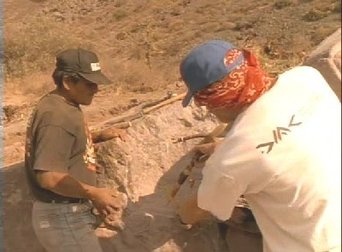
Secrets of Lost Empires: Inca (2)
Episode number: 15
Overview: Even without such technological advances as wheels, arches, draft animals, iron tools, or a system of writing, the Inca—utilizing a tradition of shared labor—achieved a number of engineering feats. The NOVA team explores both stonework and bridge building, experimenting with dragging and fitting huge stones, and working with the people of an Andean village to create a suspension bridge made only of grass ropes.
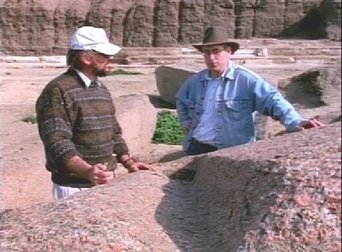
Secrets of Lost Empires: Obelisk (3)
Episode number: 16
Overview: Pharaohs who built magnificent temples to preserve their names for eternity often graced temple gates with pairs of obelisks, four-sided shafts of granite that taper gently upward until the sides meet at the top to form a pyramid shape. NOVA's team of experts attempts to build, transport, and raise a scale model obelisk using those materials available to ancient Egyptian engineers: rope, dirt, sticks, and stones.
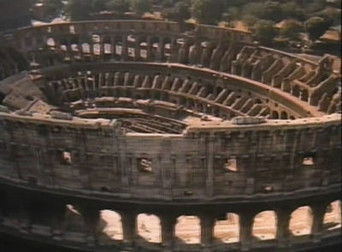
Secrets of Lost Empires: Colosseum (4)
Episode number: 17
Overview: Citizens of Rome came to the Colosseum to behold free entertainment that usually came in the form of violent war games and bloody battles between humans and animals. This structure's most impressive feature was a massive canopy that provided shade from the hot sun. In order to investigate the possible forms the roof may have taken, NOVA's team constructs models at a smaller arena in Spain.

Hunt for Alien Worlds
Episode number: 18
Overview: Astronomers discover planets beyond our solar system. But is there life on them?

Curse of T.rex
Episode number: 19
Overview: How do paleontologists and commercial fossil hunters know where to look for rare and priceless dinosaur bones?

Cut to the Heart
Episode number: 20
Overview: Ever since World War II, physicians have struggled to find ways to treat heart failure, the biggest killer in the modern world.

Kingdom of the Seahorse
Episode number: 21
Overview: The world's leading sea horse biologist journeys to Australia and the Philippines to explore the secret lives of these extraordinary fish.